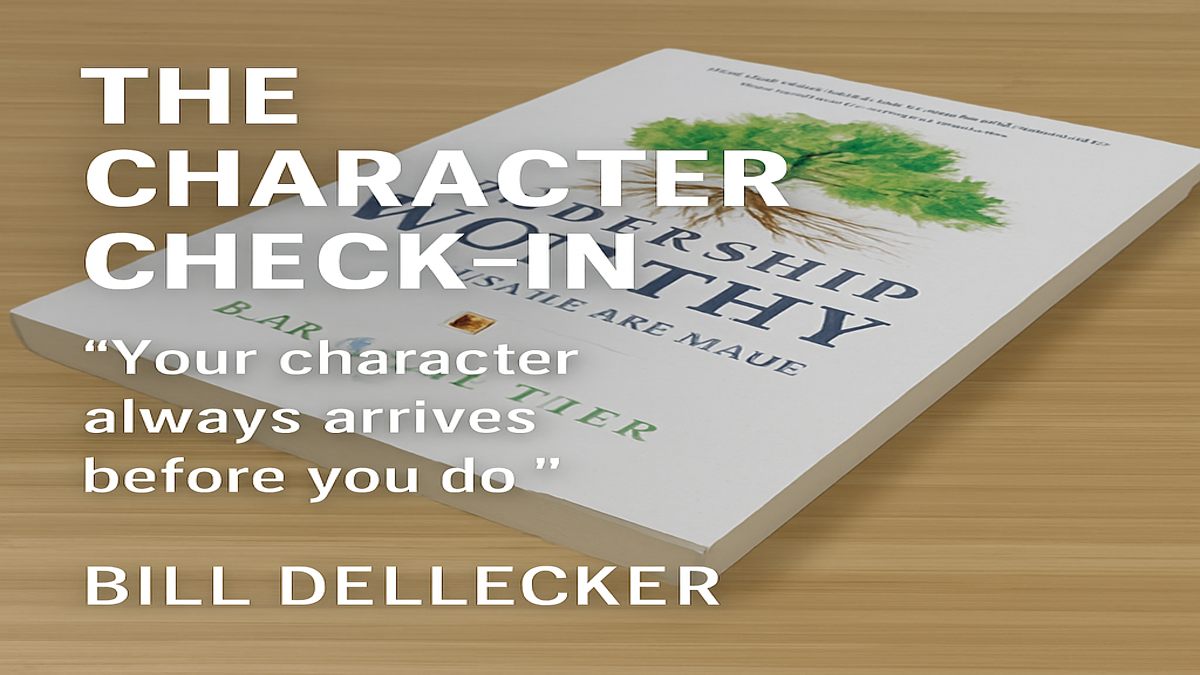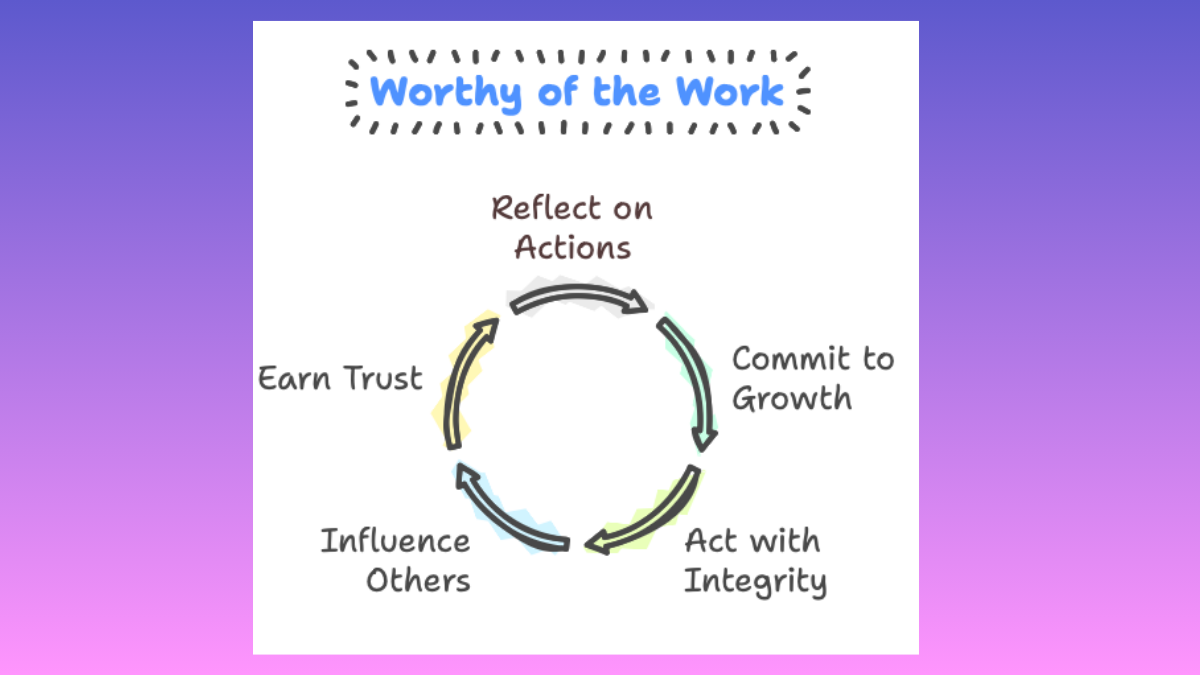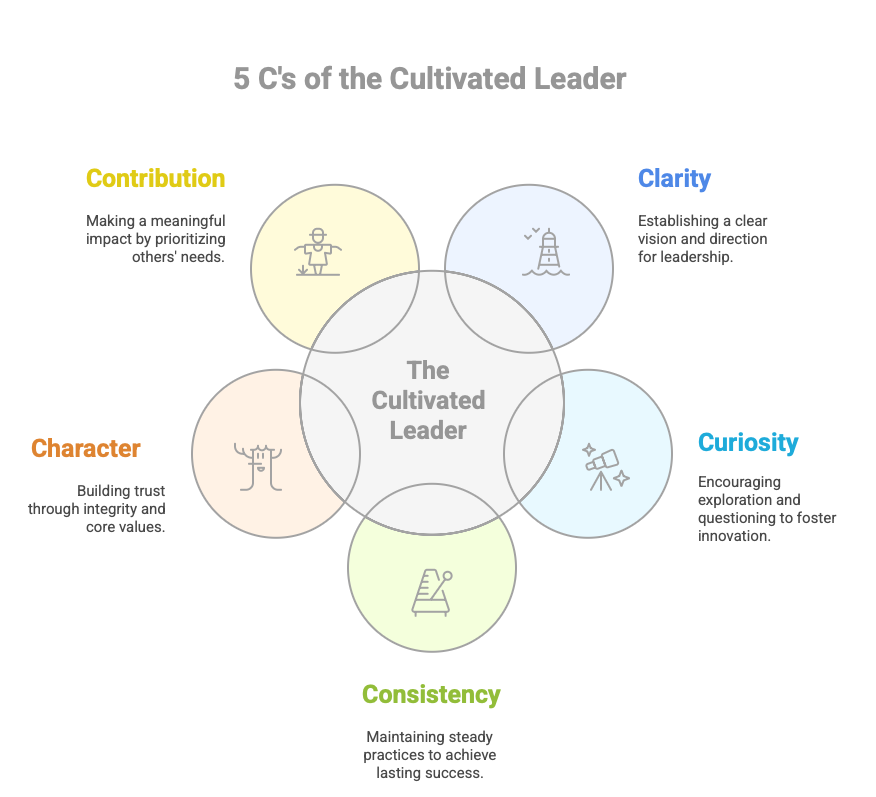Be Alert!

To be merely awake is not to be alert. To be alert requires intensity and focus. There are so many distractions that can take us out of an alert state into a self-absorbed one, chief among them the ubiquitous “smart phone”. There’s a time and place to use this remarkable tool, but frankly I don’t see the value when you’re walking down the sidewalk, traveling a path (unless of course you need to fire up the GPS to figure out where you are), or in a business meeting. It is frighteningly easy to slip into a trance.
When planning your use of the finite time available, set aside time for “heads-down” work, which can only be accomplished with deafening quiet and concentration. Interestingly, a state of mental alertness heightens capabilities in such circumstances.
But then there is the “heads-up” work of looking for responses, connections and patterns. It is those observations that lead to transformational insights, but they won’t happen if you aren’t alert enough to see them. Those moments are the ones that create breakthroughs in our business and personal lives.
Mule deer may not be equipped to react with more than a conditioned or instinctual response to their environment. Yet we can learn something by observing and emulating their level of alertness. To be alert is to maximize the moment.
Tempus Maximize!







2 Comments
Leave a Reply
Ben Boyd
7 years agoBill,
I wholeheartedly agree with you re: the need, as well as the blessings we receive by paying attention & focusing on our surroundings. Recent authors try to advise us to use technology thoughtfully, such as the admonishment for families found in The Tech Wise Family by Andy Crouch. In The Five Dysfunctions of a Team by Partick Lencioni as well as in Start with Why by Simon Sinek both authors teach about the negative consequences using technology during meetings can have to the overall team.
In Deep Work by Cal Newport the author shows how technology interrupts our best critical thinking, diluting our best ideas with trite, unhelpful information.
I try to regularly schedule sessions where I have nothing to do other than think deeply. This is very, very difficult for me to accomplish, & I fail more often than succeed at it. However, when I do take time for “deep thinking”, without the distractions of everyday life & technology I leave refreshed with at least one good idea as well!
Great article Bill…………… & thank you!
Ben
Bill
7 years agoBen, your comments are so valuable. Thank YOU for taking the time to think deeply about these ideas and to offer such a reasoned response.
All the best,
Bill